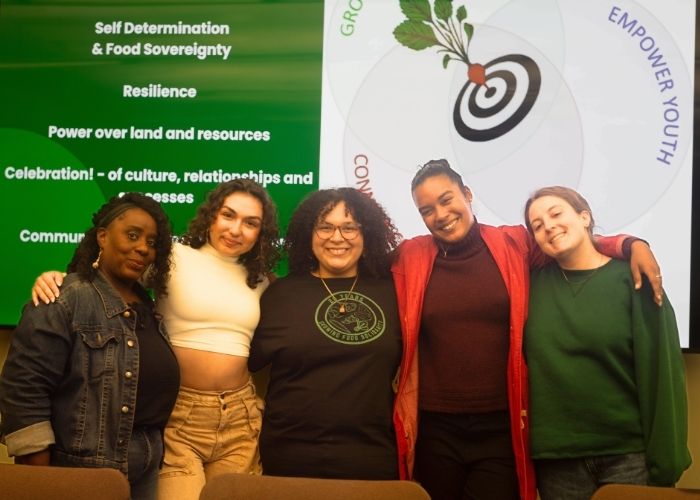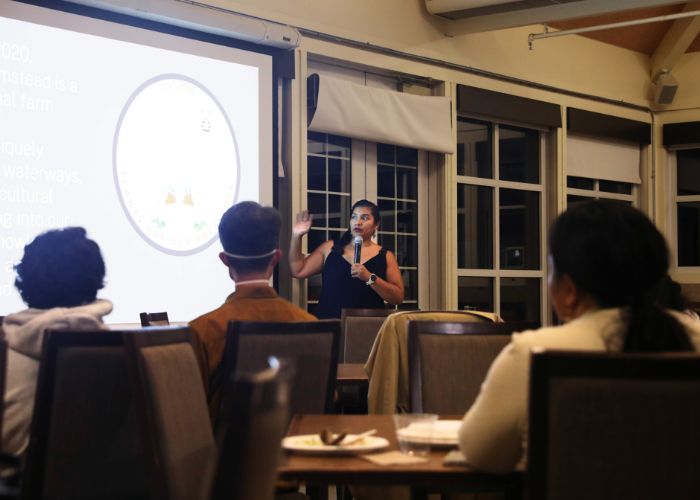
This year, I’ve had the opportunity to work in the Wesleyan Sustainability Office as a part of the Sustainable Middletown program, a small but energetic team composed of our Sustainability Director Jen Kleindienst, Professor Emeritus Krishna Winston, co-intern Tamira Le, and myself. Our team has spent the last year revising the Middletown Government Participation Guide, a publicly available document meant to remove barriers to civic engagement by providing residents with clear information about how the City government works, how to participate in public meetings, and how to sustain long-term involvement. By removing those barriers, we hope to empower Middletown residents to make their voices heard in local government.
Two weeks ago, I had the honor of hosting the launch of the newly updated Middletown Government Participation Guide alongside the Sustainable Middletown team and Mayor Ben Florsheim.

